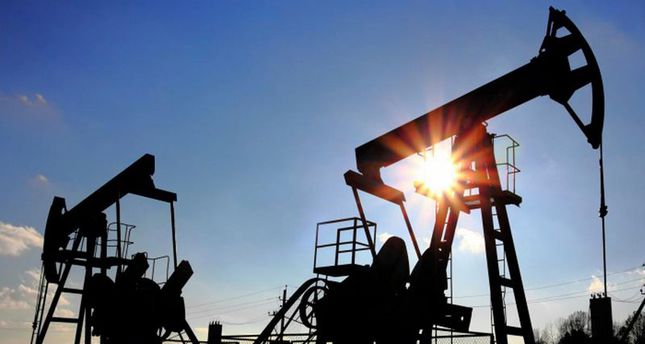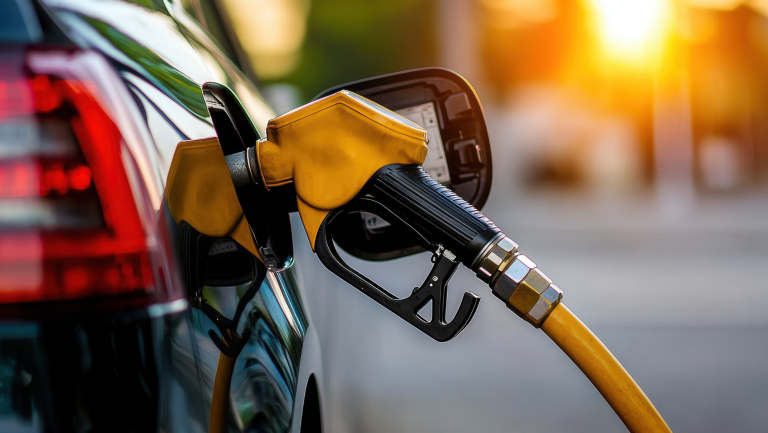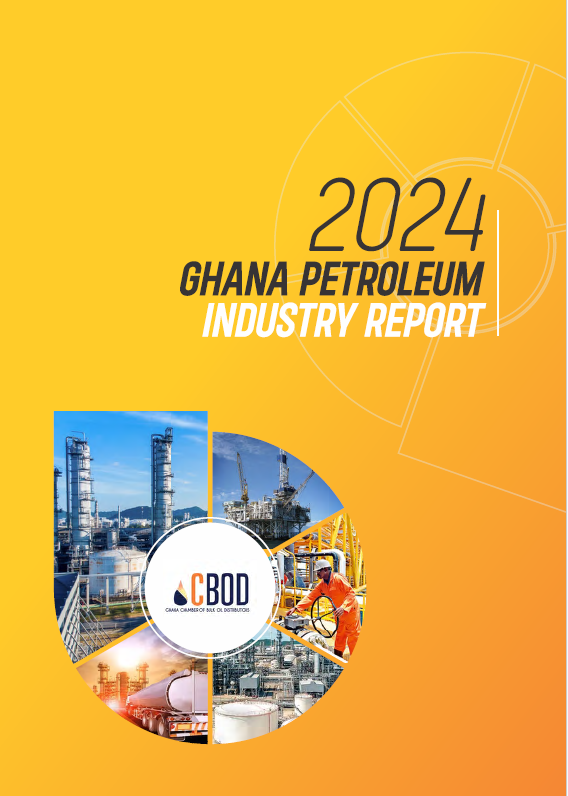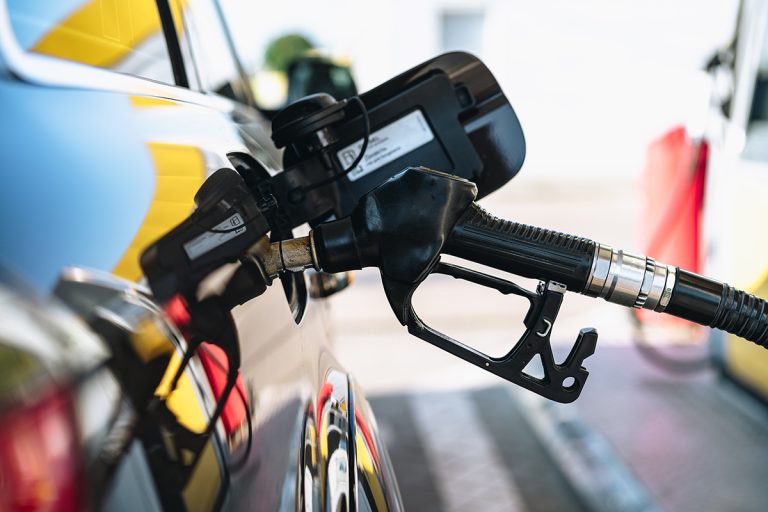LONDON (Reuters) – Oil jumped to its highest in over two years on Monday as Saudi Arabia’s crown prince cemented his power through a crackdown on corruption, while world shares eased a notch and major currencies traded in tight ranges.
FILE PHOTO: An investor looks at an electronic screen at a brokerage house in Hangzhou, Zhejiang province, January 26, 2016. REUTERS/China Daily
Oil prices reached their highest since July 2015 as Mohammed bin Salman’s purge led to arrests of royals, ministers and investors including prominent billionaire investor Alwaleed bin Talal. [O/R]
The news stirred concerns of Middle Eastern money pulling out of global financial markets. A weekend call by China’s central bank governor for tougher financial regulation also hit investor sentiment.
Brent futures LCOc1 were up 32 cents at $62.39 a barrel, the highest since July 2015. U.S. crude CLc1 added 20 cents to 55.91, both up half a percent.
The MSCI world equity index, which tracks shares in 47 countries was 0.1 percent lower. .MIWO00000PUS
European shares fell in early deals following weaker trading in Asia and earnings disappointments weighed. The pan-European STOXX 600 was 0.1 percent lower by 0843 GMT.
Shares in French hotel group Accor (ACCP.PA) fell 1.7 percent at the open, the biggest of the CAC 40 fallers, after its third biggest shareholder Prince Alwaleed bin Talal was arrested in the Saudi Arabian crackdown.
Prince Alwaleed, a nephew of the king and owner of investment firm Kingdom Holding (4280.SE), invests in firms such as Citigroup (C.N) and Twitter (TWTR.N). He was among 11 princes, four ministers and tens of former ministers detained, three senior officials told Reuters on Sunday.
RBC Capital Markets said in a note that although the “purge represents a stunning political development in Saudi Arabia,” it expected “no immediate changes” in the oil policy of Saudi Arabia, which is the world’s biggest exporter of crude oil.
“(Mohammed bin Salman) seems strongly committed to anchoring the OPEC agreement deep into 2018 and moving ahead with the Aramco sale,” RBC said.
Prince Mohammed’s reforms include a plan to list parts of giant state-owned oil company Saudi Aramco next year, and a higher oil prices is seen as beneficial for the market capitalization of the future listed company.
Earlier in Asia, MSCI’s broadest index of Asia-Pacific shares outside Japan .MIAPJ0000PUS slipped 0.2 percent to drift away from Friday’s top of 557.9, the highest since November 2007.
South Korea’s KOSPI .KS11, which hit a record high last week, skidded 0.6 percent early on before paring losses to 0.3 percent. Hong Kong’s Hang Seng Index .HSI fell 0.2 percent. The Hong Kong China Enterprises Index .HSCE lost 0.9 percent.
Japan’s Nikkei .N225 eked out a small gain to hover around a 21-year peak.
CURRENCIES TIGHT
The dollar was little changed after investors took profits on its best weekly performance this year, with wariness about the status of the U.S. economy and tax reform plans setting the tone.
It briefly popped to a eight-month high against the Japanese yen JPY=EBS in Asian trades but, with last week’s U.S. jobs data having been relatively underwhelming, London-based traders were a bit more cautious.
The index that measures the greenback against a basket of currencies was less than 0.1 percent lower in morning European trading. .DXY Sentiment towards the greenback was still positive with leveraged funds paring bearish bets to be net long for the first time since late July. [IMM/FX]
“The only reason why investors are not selling the dollar aggressively is because (of) uncertainty around the tax plan progress even though the bond market is flashing a warning sign,” said Viraj Patel, an FX strategist at ING in London.
The euro was flat at $1.16100. EUR=EBS
The spread between two-year and ten-year U.S. yields at their narrowest in more than a decade. US2YT=TWEB US10YT=TWEB
Spot gold XAU= was steady at $1,271.50 an ounce.
–
Source: Reuters





